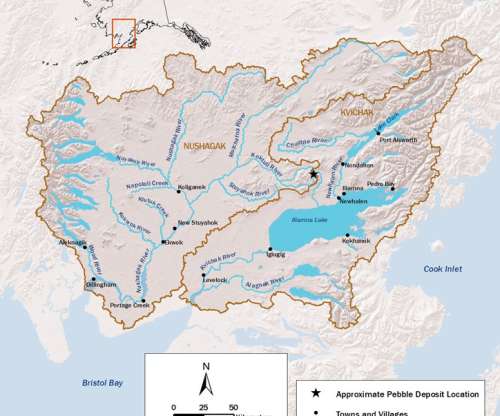ICCT study concludes no technical barriers to use of higher blends of ethanol
Green Car Congress
FEBRUARY 5, 2014
The consumption scenarios are technically achievable but do not reflect significant barriers such as cost, regulation, legality, and consumer acceptance. As with metals, studies on legacy vehicles (model years 1994–2001) did not observe any degradation of elastomers, polymers, or any other materials with E15 or E20. Source: ICCT.












Let's personalize your content